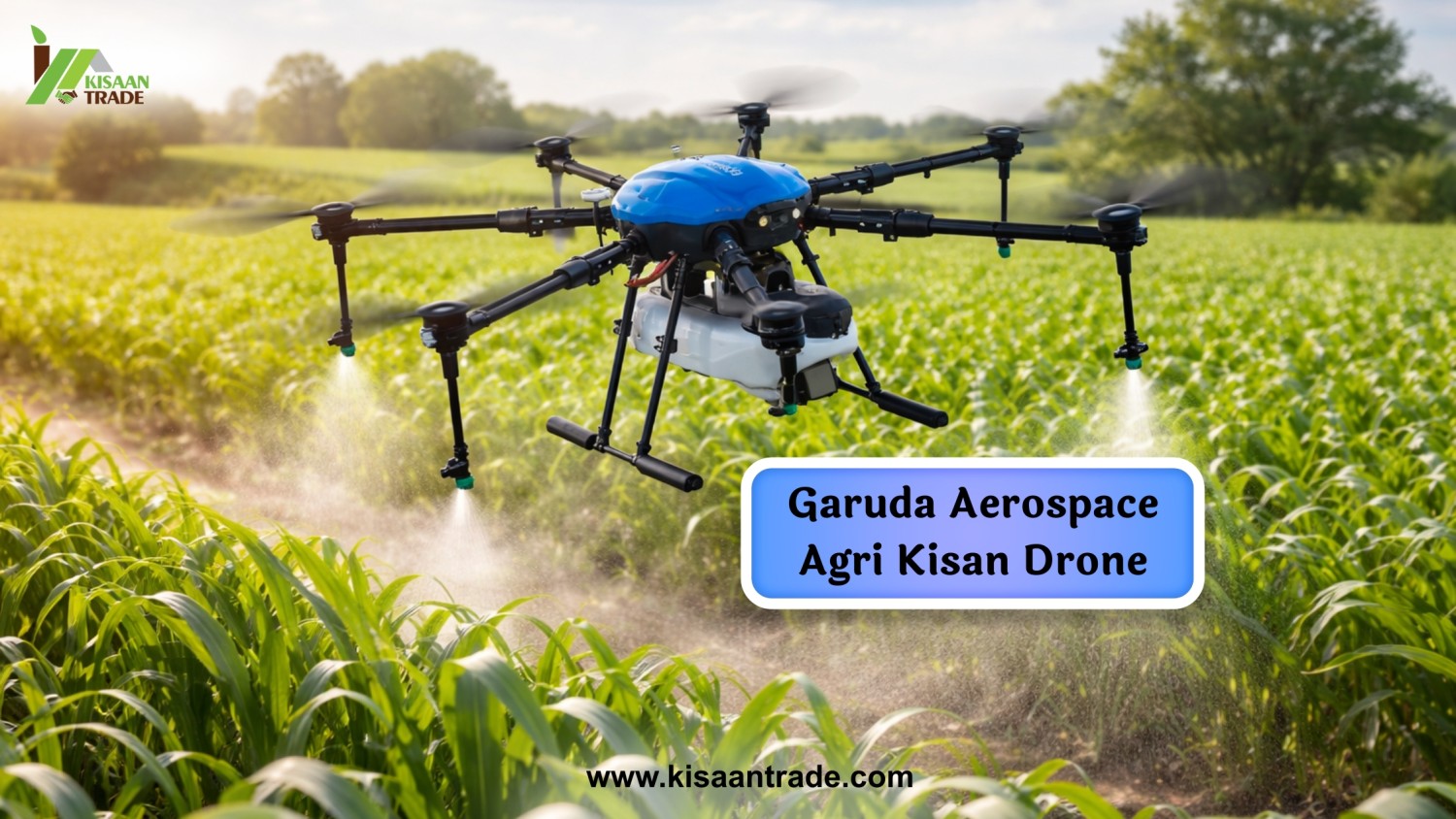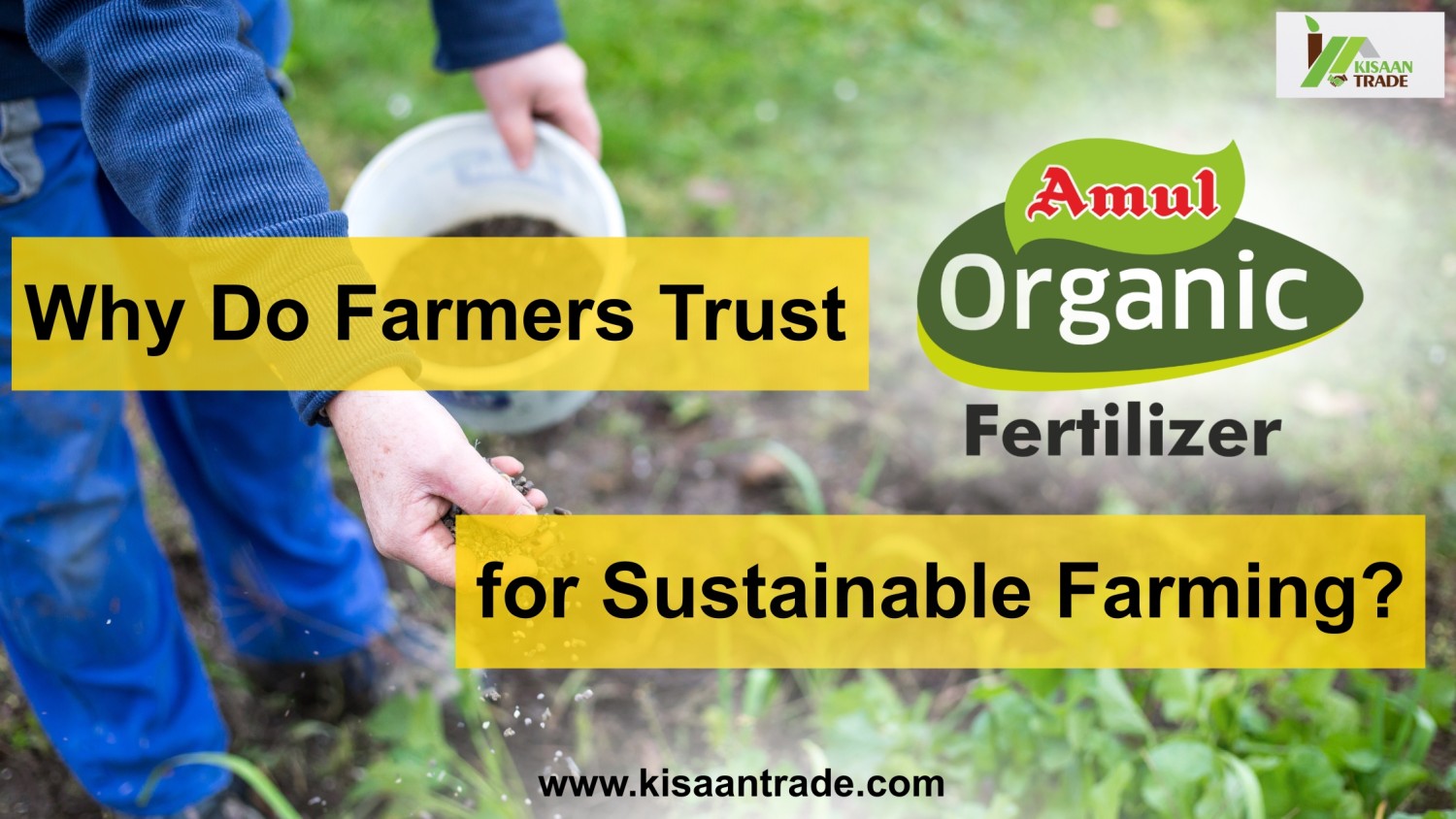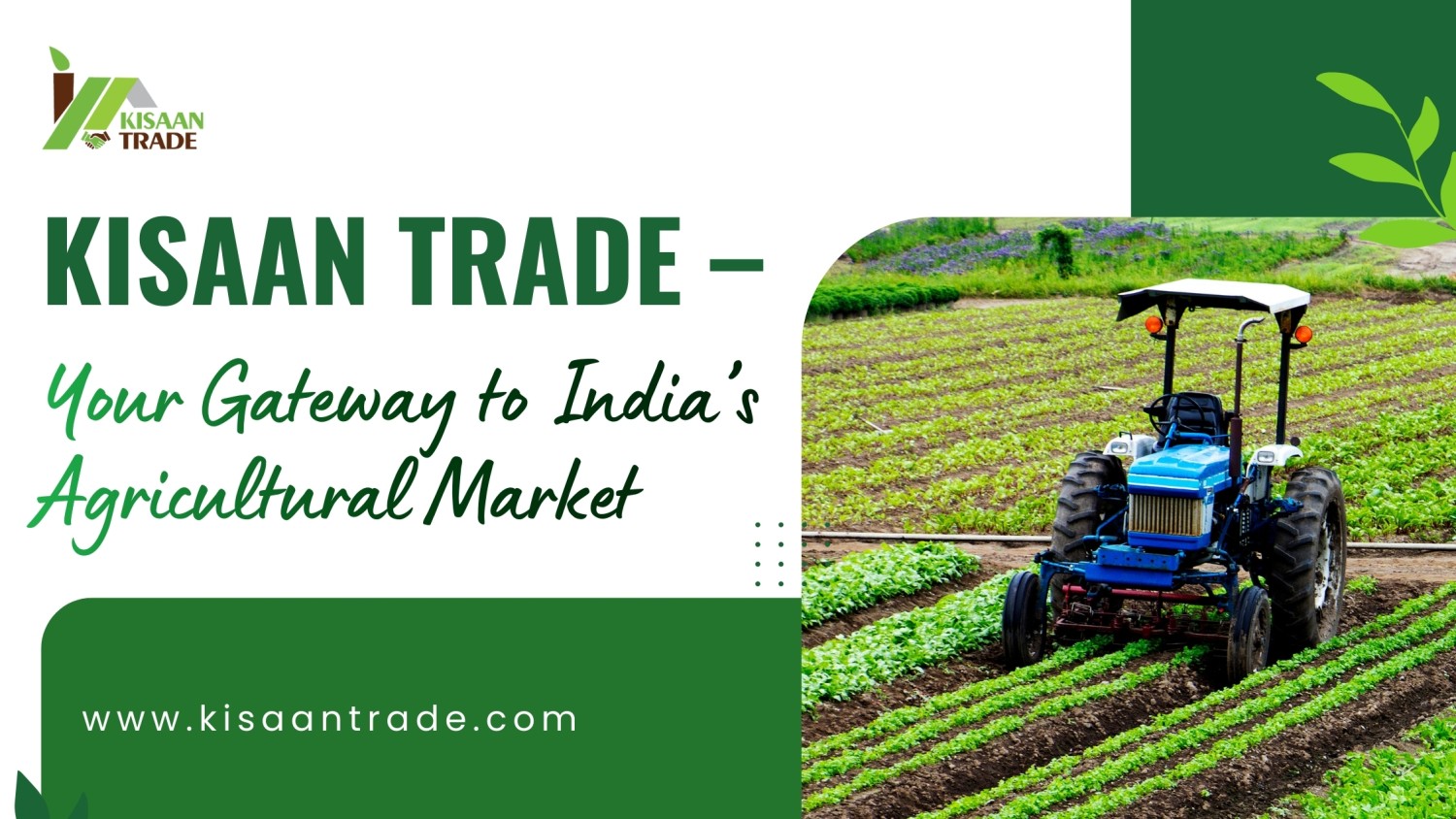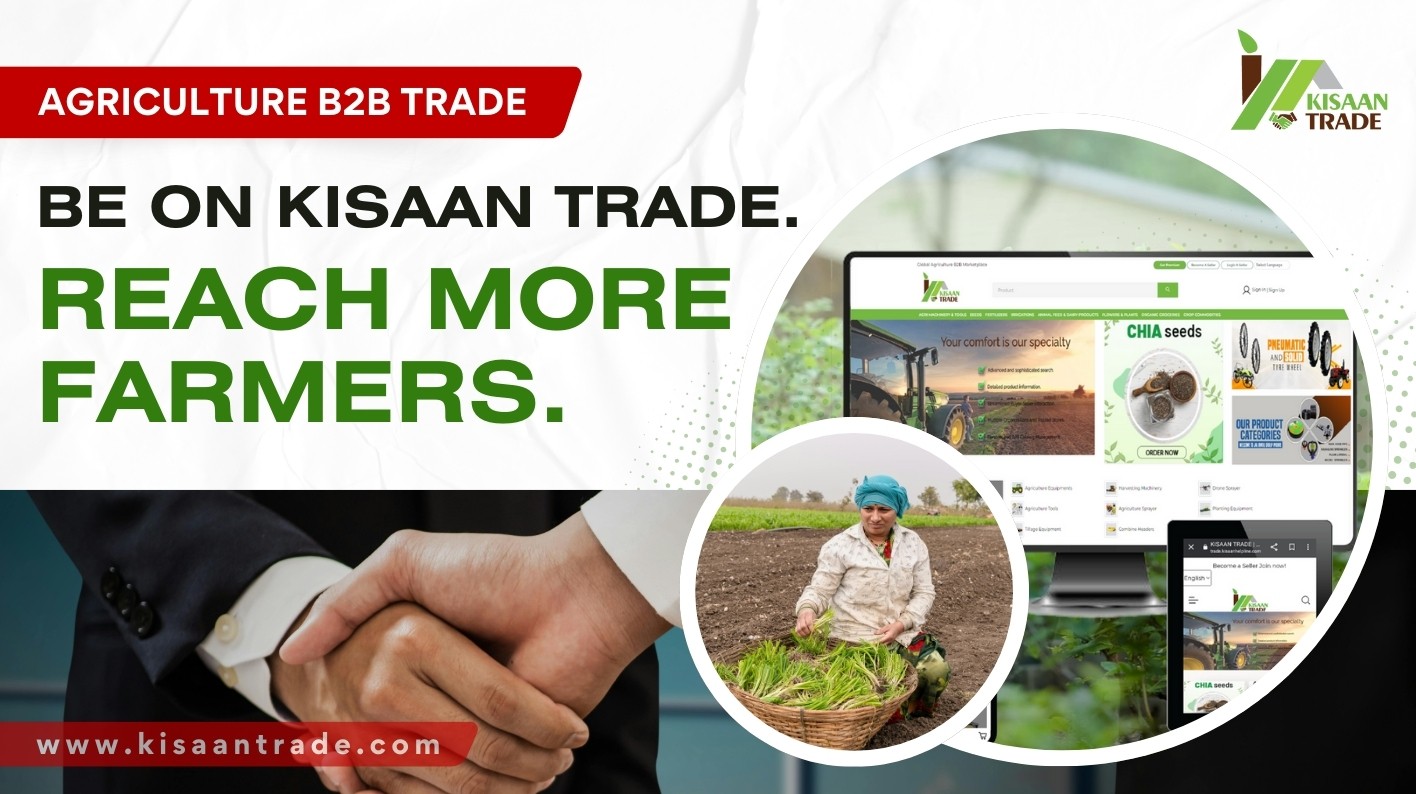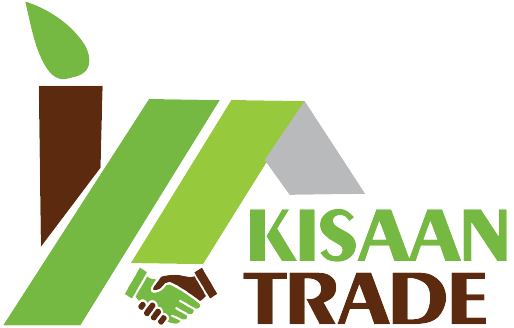Let Us Analyse India's Largest Organic Food Market
Mar 06, 2023
Organic groceries
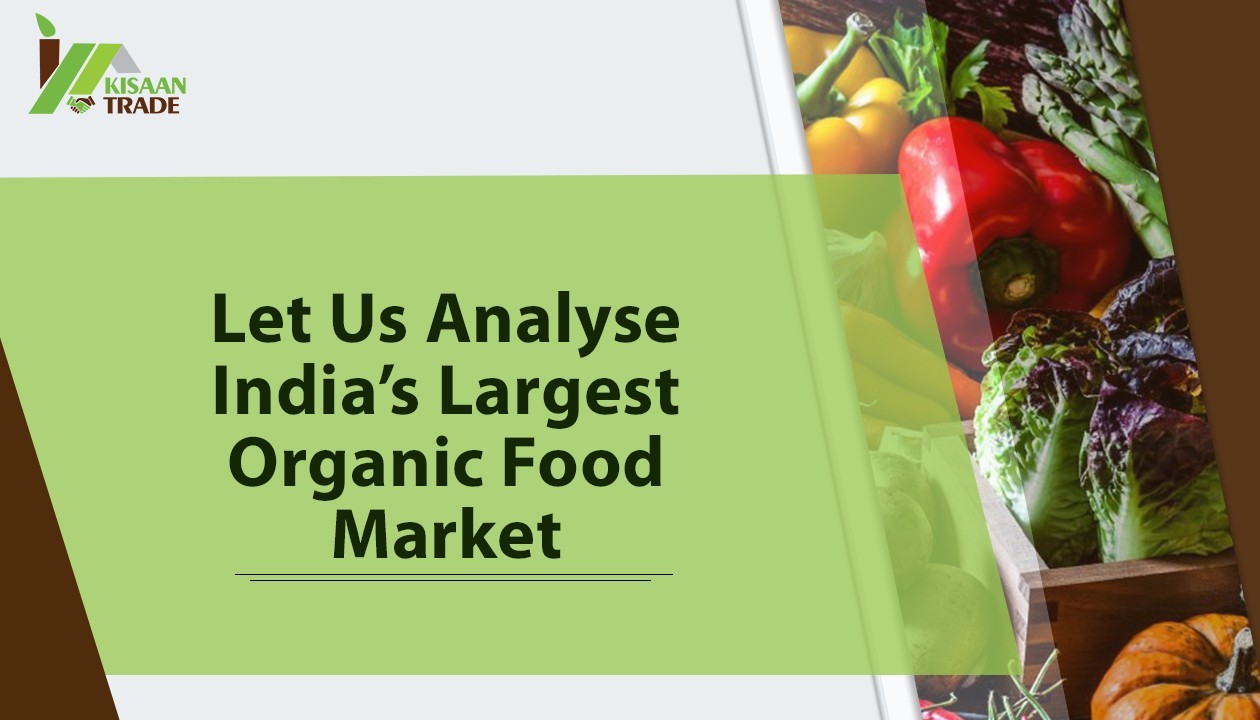
The market for food items made using organic farming practices is referred to as the "Organic Food Market." In order to preserve soil fertility, ward off pests and diseases, and raise crops without the use of artificial fertilisers and pesticides, organic farming uses natural methods and processes.
Compared to conventionally grown food, organic food is frequently thought to be healthier and more environmentally friendly. As consumers become more aware of the quality and safety of the food they eat, this has resulted in an increase in the demand for organic food in recent years.
What impact has the pandemic had on the organic food sector?
Everything has been impacted by the pandemic, including life as we know it. everything from our daily schedule to our leisure activities and shopping preferences. Various economic fields and sectors have also been impacted. And this is also true of the organic food sector. The pandemic's reverberations have changed the environment in which our industry operates for the better.
This pandemic has greatly damaged many lives and had a significant effect on businesses. The pandemic has completely destroyed our economy, increased our isolation, and wreaked havoc in every aspect of our lives. And in our industry, that is partially the case. Our operations have been significantly impacted by the lockdowns that are being implemented to stop the virus's spread.
To our surprise, however, it has had a net positive impact overall. We'd even venture to say that the pandemic has catapulted the organic food sector to a new level of success. The level of demand is at an all-time high. In the COVID era, we are gaining more and more ground every day. Never before have our books looked this good. We have been using rocket fuel, and only upward movement is possible.
Why do customers opt to purchase organic food?
1) Steer clear of hormones and antibiotics
Dairy and meat products are among the most essential ones to purchase organic. Why? The majority of the pesticides consumed by Americans are found in meat and dairy products. Do you find yourself questioning why this number is so high?
According to the EPA, because poultry, fish, eggs, dairy products, and meat products are higher on the food chain, they account for the majority of pesticide intake. For instance, all of the toxins in the food chain are accumulated by a large fish that eats a smaller fish that eats an even smaller fish. In light of this, it can be said that animals higher on the food chain accumulate more pesticides and toxins from the other animal by-products and non-organic foods they consume.
2) Maintain ecosystems
Additionally, consumers select organic food because they think it promotes a healthier environment. Less pesticides and other chemicals can be used on crops when they are organic, which protects our soil. Additionally, it will make it possible for animals like birds, insects, wildlife, and soil organisms to contribute to the growth of food regularly and healthily. This "back to nature" philosophy reveres the traditional small-scale farming methods used by our ancestors and aids in the development of a long-term sustainable strategy for the future.
3) Reduce Pollution and Safeguard Water and Soil
Chemicals, pesticides, and fertilisers must be used in conventional food production to boost crop yields and lessen pests that devour plants. But how much of the chemicals remain after they have achieved their original purpose? What happens to those chemicals then?
Fertilizers and pesticides find their way into our environment, our waterways, and our soil. They persist for a long time because there is no methodical means of getting rid of them. By choosing organic foods, one can avoid leftovers that could harm the environment and reduce the use of chemicals, pesticides, and fertilisers.
4) Conserve the diversity of agriculture
The Irish potato famine is a prime illustration of the requirement for genetic diversity. Few varieties of potatoes were grown in Ireland, and when a blight spread across the country, nearly all of the food supply was destroyed, causing millions of people to starve to death.
All humans are at risk of a lack of food if blight or pests kill the plants when crop diversity is reduced. This kind of diversity helps to protect our land from unanticipated disasters that might wipe out certain crops and keep us safe.
According to estimates, our crop's genetic diversity has decreased by 75% over the past century. Nowadays, a lot of conventional farms grow just one kind of crop. However, smaller organic farms frequently encourage biodiversity and grow a variety of foods. Customers who buy organic products believe that promoting this agricultural diversity is the best way for them to contribute to the long-term survival of our race.
5) Expanded Informational Access to Organic Food
Information about organic food is now easier to access as a result of the rise in smartphone use and inexpensive internet in India. Along with this, the expansion of e-commerce platforms has given consumers the opportunity to act on this knowledge and buy organic food rather than food that has been grown synthetically. Furthermore, the sector became more competitive as a result of the entry of numerous players thanks to e-commerce platforms. This accelerated the growth of the organic food sector, which is now not only well-established in Tier-I cities but is also significantly expanding its market share in Tier-II and III cities.
6) Safety and nutrition
According to numerous studies, organic food has higher concentrations of vital nutrients and minerals like vitamin C, iron, and zinc than non-organic food. And unlike processed foods, which are chemically preserved for a longer shelf life, they are almost always served fresh, maximising their nutritional value. Farms frequently inject artificial hormones and administer antibiotics to their livestock, which results in products like meat, eggs, and milk and can lead to hormonal imbalances as well as the emergence of drug-resistant bacteria in people. Produce grown organically uses no artificial additives to improve food quality, lowering the possibility of any complications.
7) Organic Indian food is in high demand abroad
India is able to produce top-notch organic goods that are popular with consumers not only in India but also abroad thanks to its favourable agricultural climatic conditions and an inherited tradition of organic farming. According to reports, India exported organic goods worth $515 million during the 2017–2018 fiscal year, and this number will likely rise in the years to come.
In addition to fostering the sector's expansion, India's exports of organic oil seeds, cereals, millets, sugar, fruit juice concentrates, tea, spices, pulses, dry fruits, and medicinal plant products have raised the country's organic food standards to parity with those of the rest of the world. With the help of their traditional organic farming knowledge, Indian organic farmers have been able to produce food that is consistent in quality as well as organic traceability.
How has the market for organic food expanded recently?
1) Growing demand: As more consumers look for healthier and more environmentally friendly food options, the demand for organic food products has been rising steadily over the past few years. The global organic food market was estimated to be worth USD 117.9 billion in 2020, and it is projected to expand at a compound annual growth rate (CAGR) of 14.9% from 2021 to 2028.
2) Expansion of product offerings: increased availability of organic options in supermarkets and specialty shops The organic food market has experienced an increase in product options. Currently, consumers can find organic dairy, meat, and poultry products in addition to fresh fruits and vegetables.
3) Government support: Governments all over the world have been encouraging farmers to use organic methods by providing incentives and subsidies. For instance, while the US Department of Agriculture (USDA) offers grants and loans to organic farmers, the European Union offers subsidies for organic farming.
4) Growing awareness of health advantages: Research has shown that organic food items can provide health advantages, such as lower pesticide levels and higher nutrient content. In order to enhance their health and wellbeing, more consumers are turning to organic foods. as well as packaged and processed foods and poultry products.
5) Increased accessibility: More stores and eateries are beginning to offer organic food options, increasing the accessibility of organic food products. Customers now find it simpler to access organic products and include them in their diets as a result of their increased availability.
The Kisaan trade: who are we?
An online B2B platform called Kisaan Trade aims to link Indian farmers, traders, and buyers. With the help of our platform, farmers can sell their produce directly to consumers, cutting out the need for middlemen and ensuring that both parties receive fair prices. In addition to other agricultural products, we provide a wide selection of fruits, vegetables, grains, pulses, and spices. Farmers can list their goods on our platform along with their costs, specifications, and quantities. Following that, buyers can look through the listings and place orders with the farmers directly.
Additionally, our platform provides tools for crop management, weather updates, and real-time market prices to assist farmers in making decisions about their produce.
How does Kisaan Trade support organic farming?
1) Seeds
Organic seeds are those that have not been grown or harvested using synthetic fertilisers, pesticides, or genetic engineering. These seeds are made by organic seed producers and farmers who put sustainability, biodiversity, and soil health first in their farming practices.
The integrity of the organic farming system is maintained in part by the use of organic seeds. Farmers can guarantee that their crops are free of synthetic chemicals and genetically modified organisms (GMOs) from the start by using organic seeds.
We have the following seeds available:
• Grass Seeds
• Plant Seeds
• Chia Seeds
• Flax Seeds
• Flower Seeds
• Fruit Seeds
• Quinoa Seeds
• Herbal Seeds
• Vegetable Seeds
2) Organic animal feed and dairy products
Animal feed and dairy products labelled "organic" are made using organic farming practices, which support environmentally friendly and sustainable agriculture. Natural fertilisers and pest control techniques are typically used in organic farming, and synthetic pesticides, herbicides, and genetically modified organisms (GMOs) are generally avoided.
Organic animal feed is feed that is produced without the use of GMOs, synthetic pesticides, or fertilizers. Antibiotics and growth hormones are typically not permitted in organic animal feed.
• Cattle Feed
• Poultry Feed
• Goat Feed
3) Organic Groceries
Food items that are grown or produced using organic farming practices are referred to as "organic groceries." When growing crops, organic farming practices forgo the use of synthetic fertilisers, pesticides, herbicides, and genetically modified organisms (GMOs), and when raising livestock, they forgo the use of antibiotics, growth hormones, and other drugs.
Fruits, vegetables, grains, dairy products, meat, poultry, eggs, and processed foods may all be included in an organic grocery list. To guarantee that they adhere to the requirements for organic production, these products are frequently marked as "organic" and certified by a body recognised by the government.
• Organic Rice
• Organic Cereals
• Herbal Products
• Organic Pulses
• Organic Spices
• Organic Nuts
• Organic Honey
• Organic Tea and Coffee
• Organic Cosmetics
• Organic pet products
Conclusion
Kisaan Trade makes it easier for farmers and buyers to buy and sell agricultural products. We may not provide organic food directly, but by bringing together organic farmers and consumers who are interested in buying organic produce, we can indirectly support the production and distribution of organic food.
Farmers can advertise their goods and reach a wider audience on Kisaan Trade market. For organic farmers who might not have access to conventional markets or who might have trouble finding customers interested in organic produce, this can be especially helpful.
The demand for organic food can be increased, and more farmers can be attracted by using Kisaan Trade to connect with buyers who are specifically looking for organic produce.
Recent Posts
SM Animal Cattle Feed 8000: हर दाने में सेहत और शक्ति – पशुओं के लिए सुरक्षित और प्राकृतिक आहार
Jan 13, 2026
Animal Feed & Dairy Products


